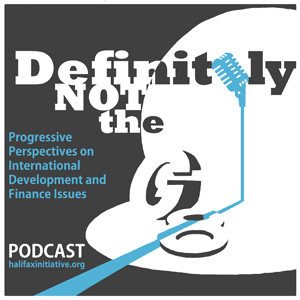Letter to Prime Minister Harper with respect to the agenda of the June 2013 G-8 meeting in Ireland.
British Prime Minister Cameron has announced that standards for multilateral information exchange, increasing transparency of the ownership of trusts and companies, and reform of global tax rules will be key items on the agenda of the G-8 meeting this June. These are policy positions that NGOs have promoted for many years. We have written to Prime Minister Harper to urge that Canada take a progressive position on these issues and help move them forward.
.jpg)
